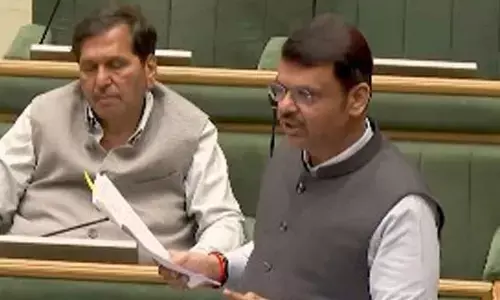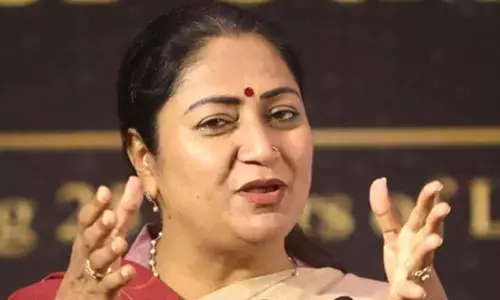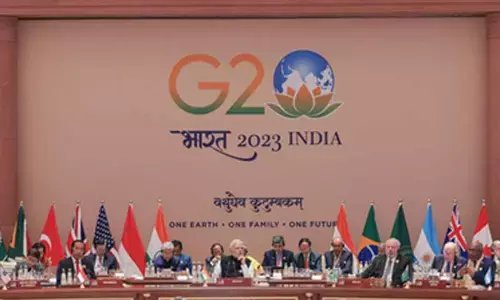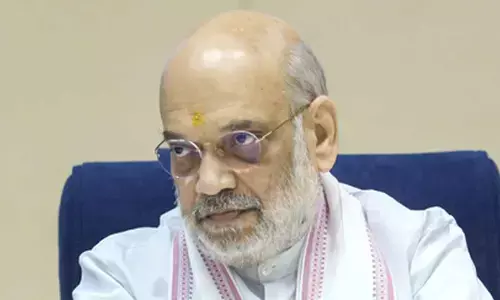World Architecture Day 2023: Safe spaces for all: accessible design leads the way
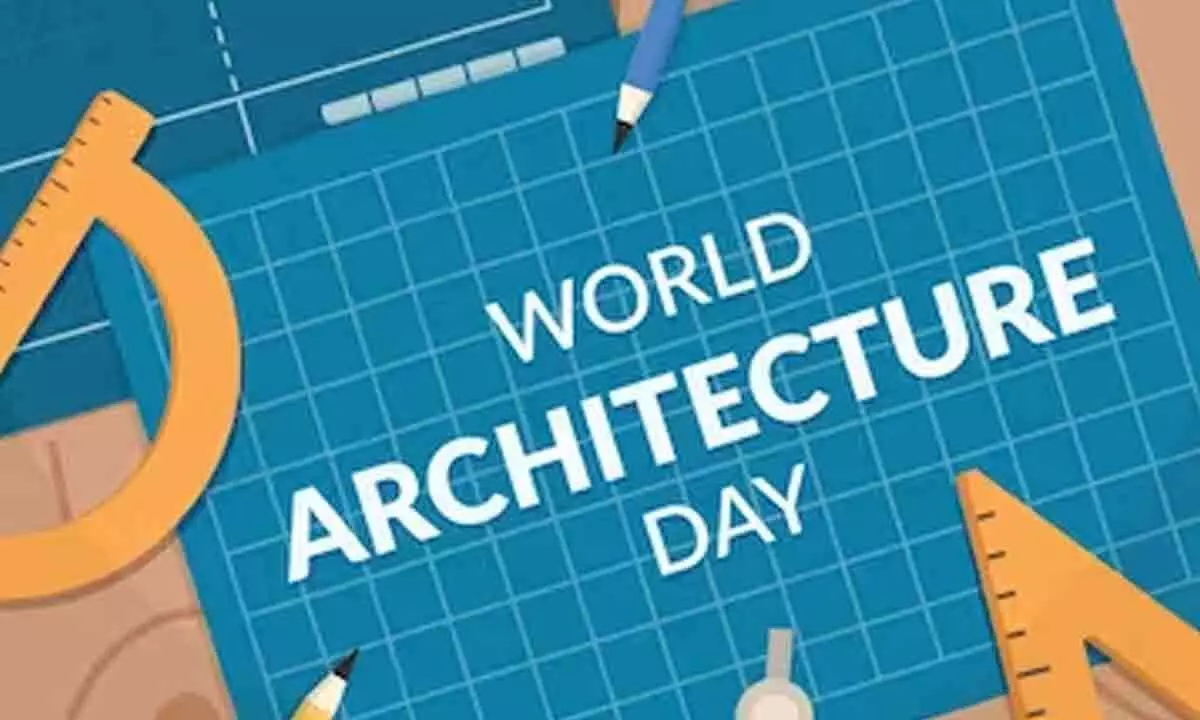
World Architecture Day 2023 comes with a strong theme: “Safe spaces for all: accessible design leads the way
World Architecture Day 2023 comes with a strong theme: “Safe spaces for all: accessible design leads the way.” Architects, engineers and urban planners are stepping forward to defend inclusion and accessibility in urban development. Let's hear from leading voices in the field share their ideas and perspectives on this crucial topic.
“Inclusion is not an option; It is our standard,” says Sneha Gurjar, Director, CEM Engineers. Cutting-edge solutions and technologies are transforming industrial environments to prioritise the needs of all people, regardless of their abilities. From ergonomic workstations to intuitive navigation systems, the approach is revolutionary and lights the way to safer, more inclusive spaces. Gurjar also emphasises the importance of inclusion in the workforce, bridging social and digital divides.
Jayesh Ganesh, Regional Director, Bengaluru, Edifice Consultants, highlights the importance of inclusivity at the core of urban development strategies. To imagine diverse and thriving cities, inclusive design elements are essential. “This includes high-contrast pavement patterns and color-blind signage, Braille signage, and wayfinding technology for the visually impaired. Inclusive urban design encompasses safety, mobility, technology, health, civic responsibility and emergency preparedness,” adds Ganesh. Creating inclusive cities becomes a shared responsibility, from preventing motorcycles on sidewalks to preserving public services.
Vineeta Singhania Sharma, Founding Partner and Principal Architect at Confluence, underlines the role of architects in designing spaces that work well for everyone. Architects must rethink urban planning to accommodate growing populations while considering their impact on the built environment. Innovative technologies are crucial to achieving accessibility. Sharma calls on architects and urban planners to recognise inclusion and accessibility as fundamental aspects of urban development, aligned with the 2030 Agenda for Sustainable Development.
Harsh Varshneya, Principal Architect at STHAPATI, emphasises the social responsibility of architects to create spaces that prioritise safety. Safe spaces, aesthetically pleasing and secure, empower all inhabitants. Varshneya advocates making spaces accessible to people of all ages and abilities, contributing to social awareness. Creating safe and accessible spaces, especially in public buildings with a lot of foot traffic, is vital for collective well-being.
In conclusion, World Architecture Day 2023 highlights the unwavering commitment of architects and designers to shape our cities with inclusion and accessibility in mind. Their vision of safer, more accessible and inclusive urban environments offers hope for a future where everyone can thrive and enjoy the benefits of evolving urban landscapes.








